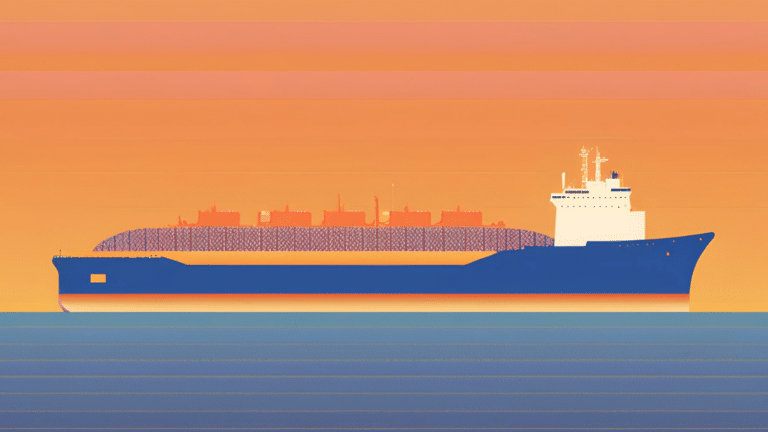ARTICLE ABSTRACT
Discussions about “peak oil demand” tend to focus on passenger vehicles, often from a US and European perspective. These discussions often ignore other markets, such as marine transport, which collectively would also need to show a reduction in demand if oil consumption were to reach an inflection point. In an article for the journal Elsevier Energy Policy, CGEP Scholars Dr. Tim Boersma and Antoine Halff explore the outlook for marine bunkers, a niche market that accounts, depending on estimates, for up to 7% of the demand barrel. They focus on the possible impact of new environmental restrictions that aim to drastically reduce sulfur oxide (SOx) emissions from ships as of January 2020, placing them against the background of past innovations that have been reshaping ships’ fuel consumption patterns and assessing their likely impact on future innovation in the sector. They conclude that the rules might paradoxically end up slowing down what might have otherwise been a more rapid transition of the shipping market away from traditional bunker fuels. The rules will, however, adversely affect simple refineries and producers of heavy, sour crude oil grades, whose prices are sometimes indexed to that of high sulfur fuel oil (HSFO).
Read full article here





